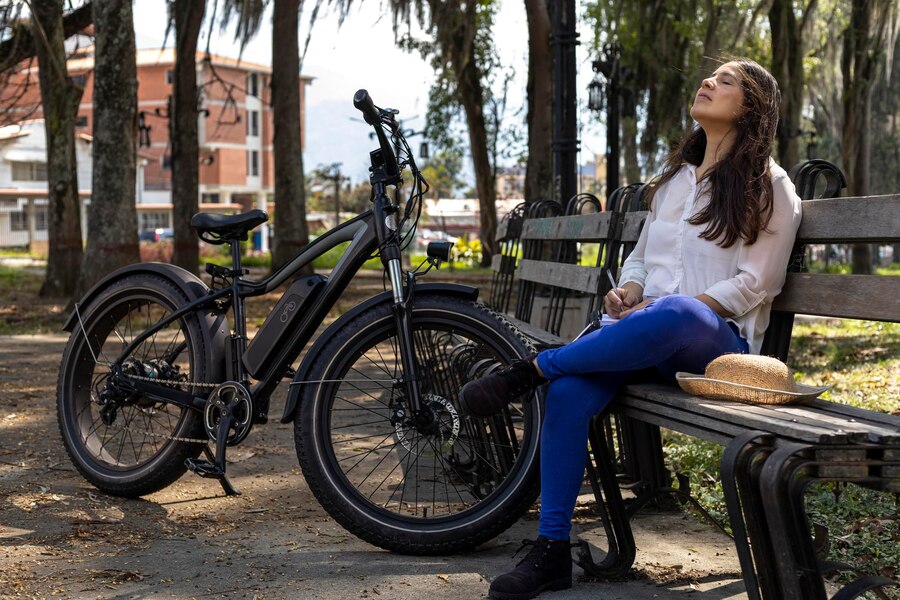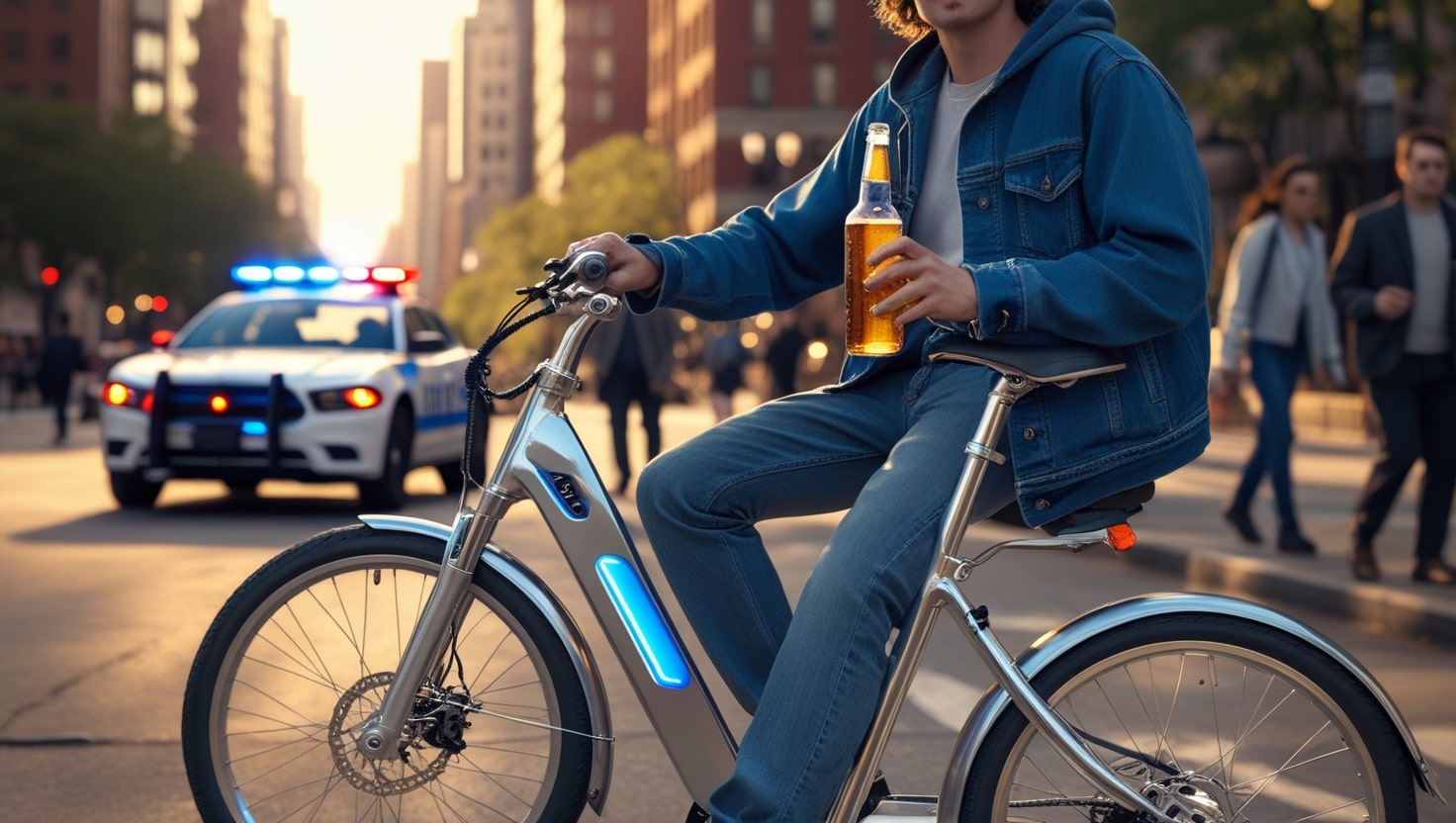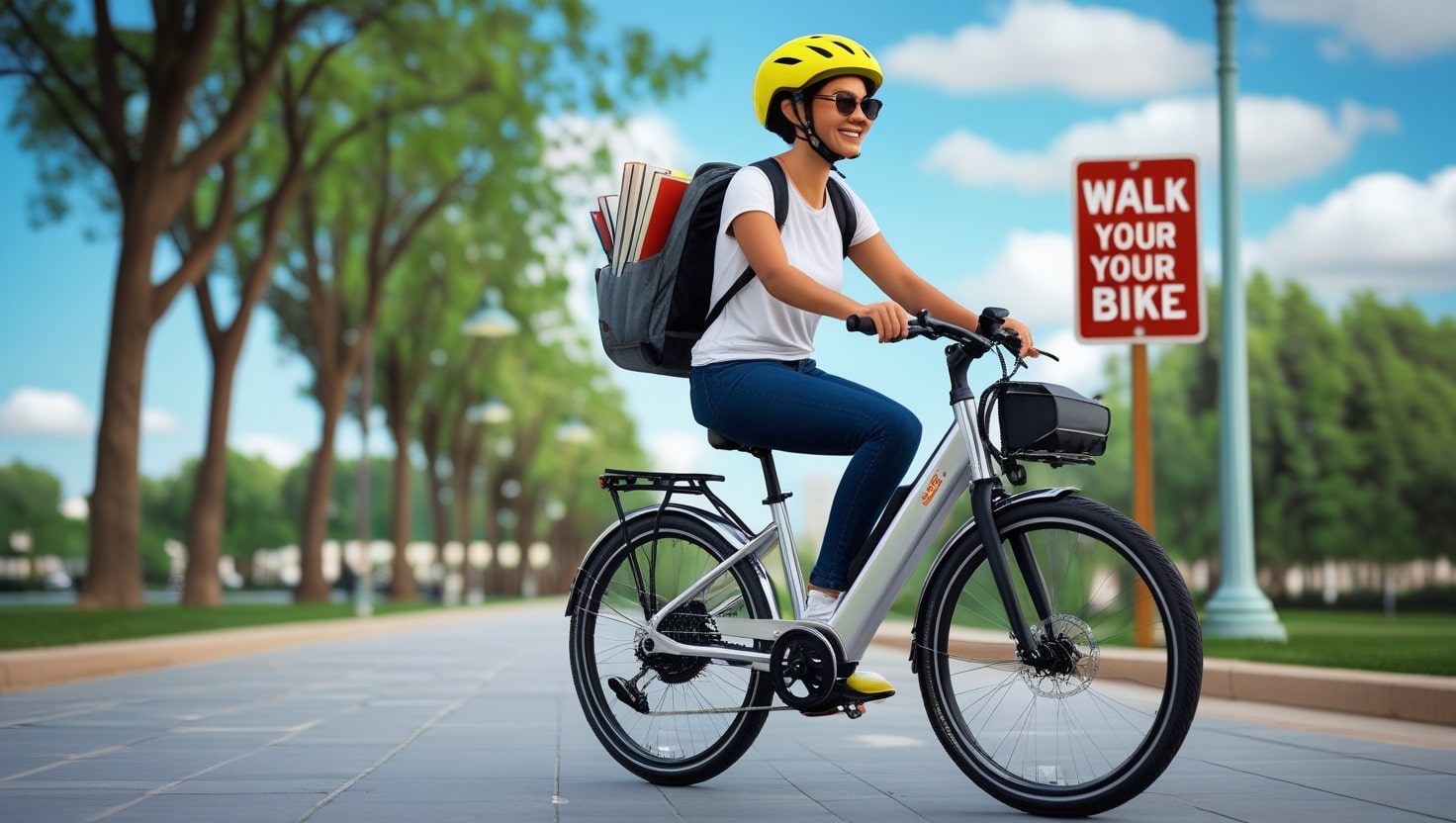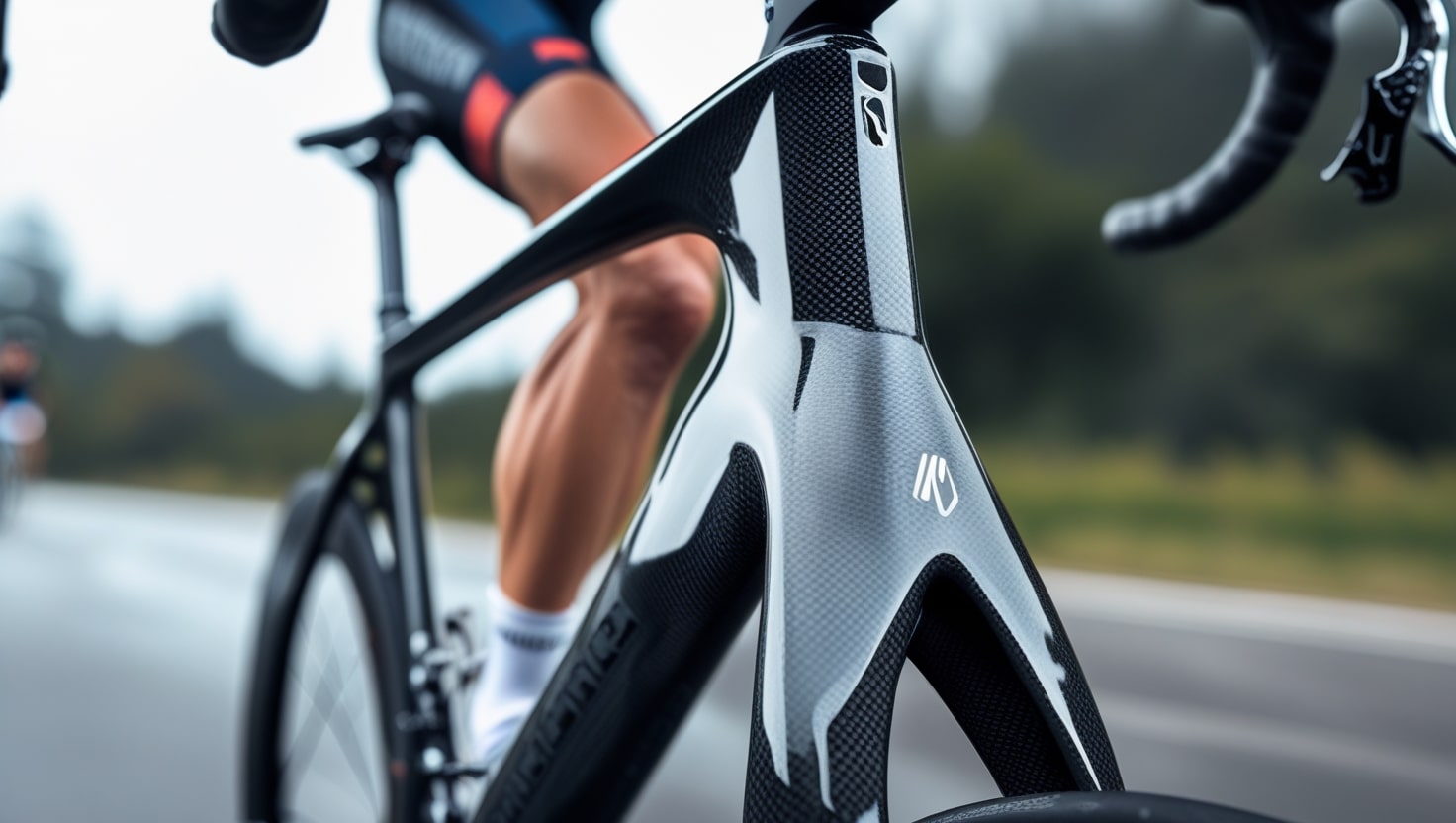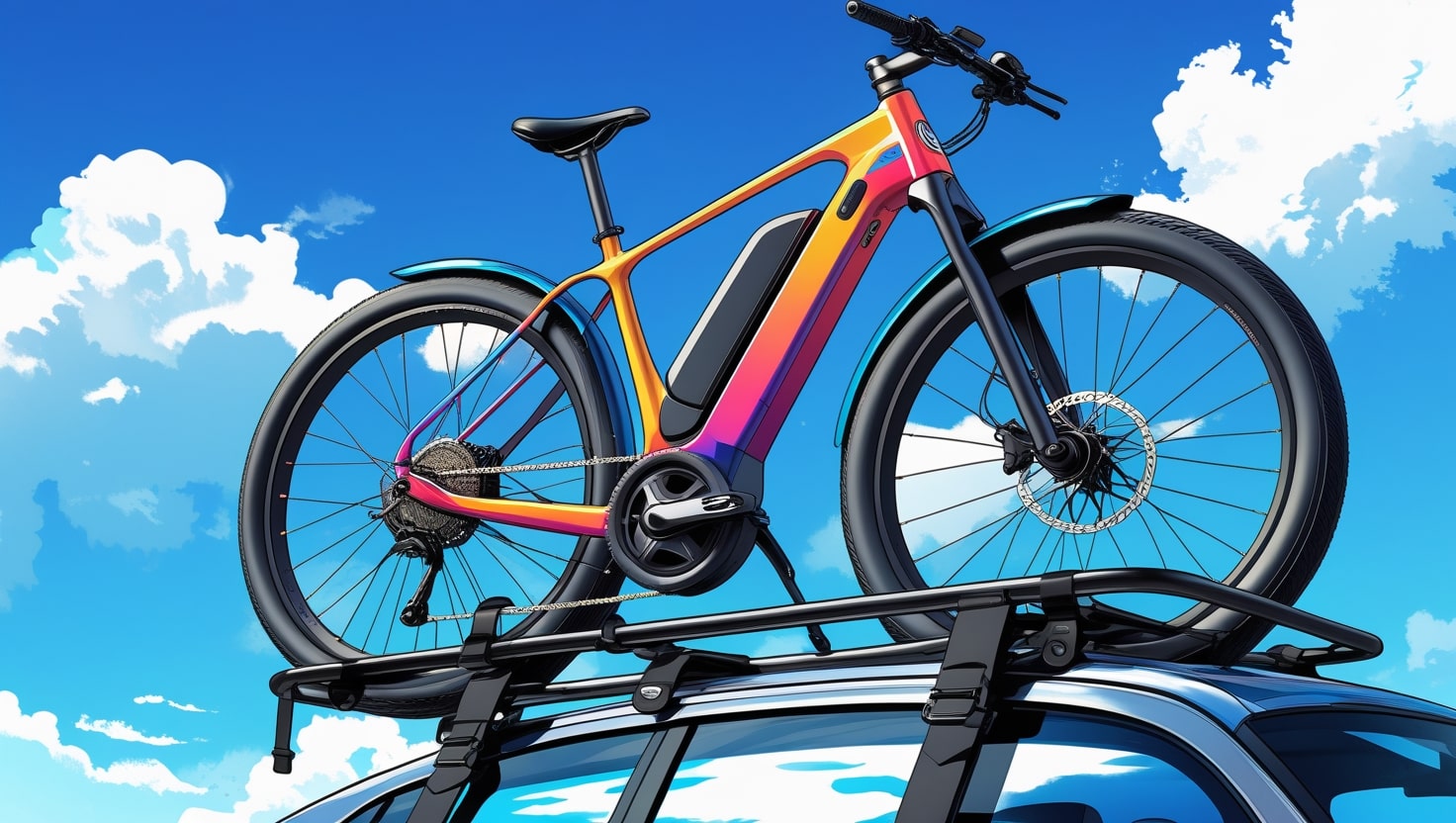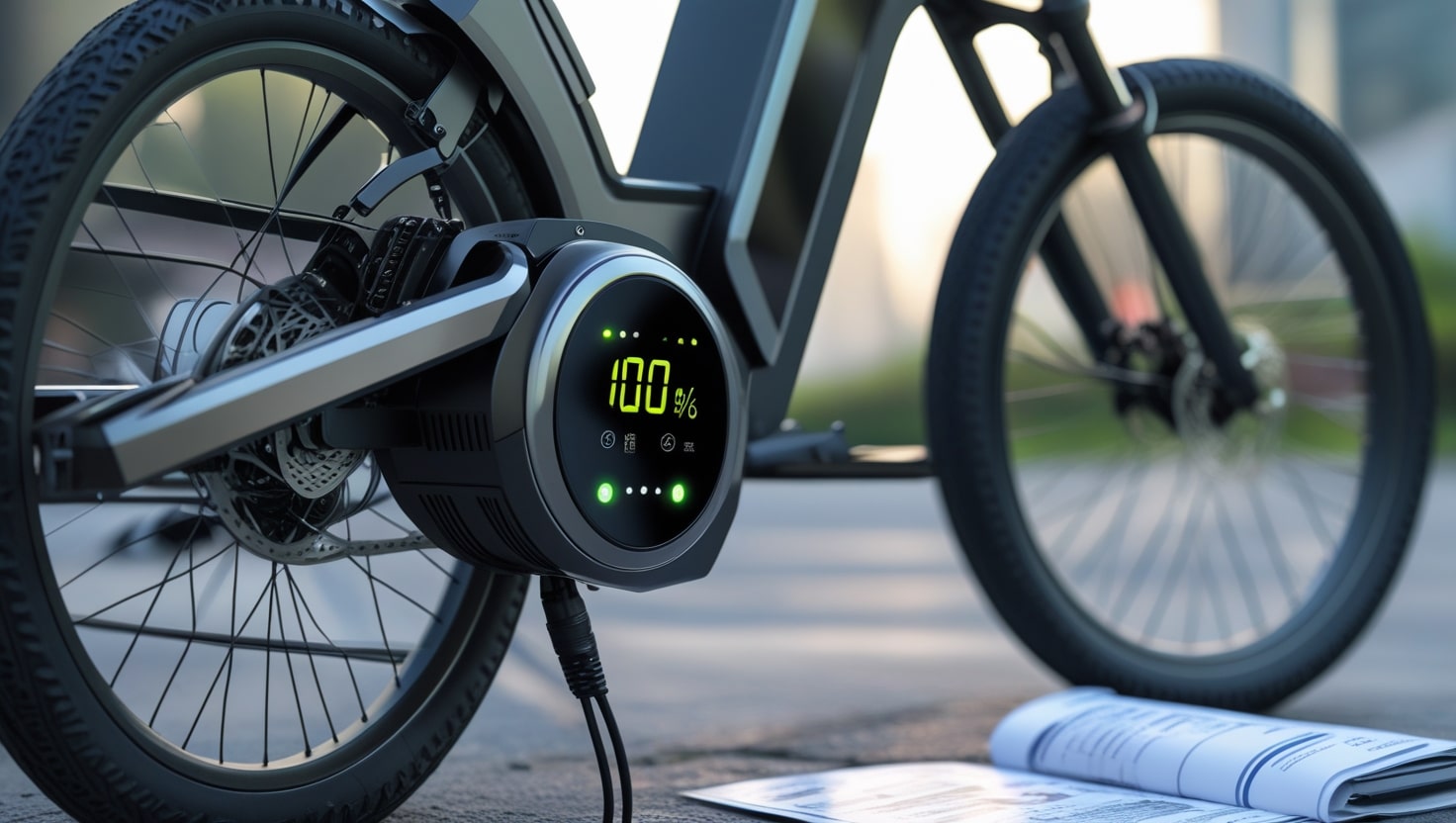As riders explore the growing popularity of ebikes, staying informed about the regulations and Illinois ebike laws is essential. While ebikes might be considered a luxury some can’t afford, they are found everywhere these days. The laws regulating their use focus on safety and ensuring a consistent framework across the state. These requirements not only provide a safe and enjoyable riding experience but also offer valuable insight for those seeking a reference to navigate the rules effectively. From personal experience, understanding these guidelines helps build confidence and ensures compliance with governing rules.
Related: Montana Ebike Laws Simplified
How are Electric Bikes Defined in Illinois?
E-bikes, also called electric bikes, are a modern upgrade from traditional bikes and regular bicycles, equipped with low-power motors to assist the rider while pedaling. They allow people to travel longer distances and carry heavier weight with ease, making them a practical choice for various reasons. However, their ability to move at low speeds with minimal effort can sometimes be a downside, as riders may unintentionally increase the risk for themselves and others on the road by traveling quicker than expected.
Illinois Ebike Laws: A Closer Look
In Illinois, an ebike is defined as an electric-assisted bicycle with a maximum power of 750W. Furthermore, Ebikes are divided into three distinct categories.
- Class 1 Ebikes: These Ebikes include a pedal-assistant motor as their primary feature, allowing riders to reach a maximum speed of 20mph. The motor automatically stops working once the speed goes beyond this limit.
- Class 2 Ebikes: These Ebikes are equipped with a motor that can propel the bicycle even without the need to pedal. However, the motor works only below 20 mph and stops functioning at speeds above this.
- Class 3 Ebikes: These are similar to Class 1, but they come with a higher speed limit. The motor continues assisting until the rider reaches 28 mph, at which point it stops working to ensure safety.
Related: Wisconsin Ebike Laws
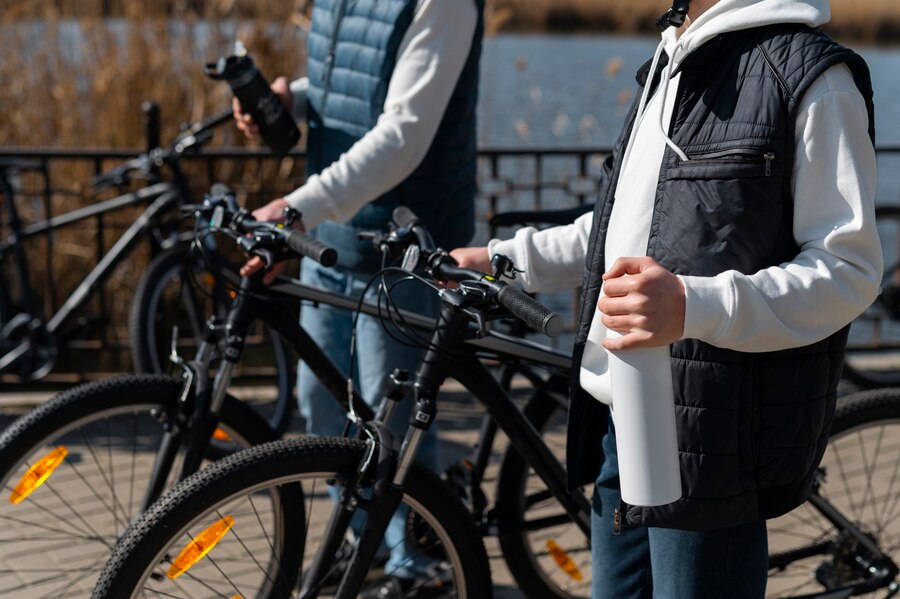
Ebike Regulations in Illinois
There are four important ebike regulations in Illinois that you should thoroughly review before riding to ensure your ebike experience is both legal and safe.
Helmet Requirements: In Illinois, while there are no specific rules mandating helmets for riding an electric bike, it is highly advisable to wear one for safety. This precaution helps minimize potential injuries caused by falls and ensures a safer riding experience.
Age Restrictions: Any individual, whether male or female, can ride Ebikes in Illinois as long as they are at least 16 years old. They are required to complete a motorcycle training program offered by the Illinois Department of Transportation (IDOT) to increase their skills and safety awareness. For riders under 18 years old, additional requirements include passing a written test and a driving exam. However, individuals less than 16 years old can only ride as a passenger on Class 3 Ebikes specifically designed to carry passengers.
Licensing, Registration, and Insurance: Ebike riders in Illinois are not required to have a driver’s license, register their bikes, or purchase insurance. However, obtaining insurance is strongly recommended, particularly for Class 3 Ebikes, given their high speed and the potential liability associated with accidents.
Labeling: Illinois mandates that Ebikes feature a visible label displaying the bike’s class (Class 1, Class 2, or Class 3), top-assisted speed, and motor wattage. This labeling helps law enforcement and other riders easily understand the capabilities of each bike.
Related: New Hampshire Ebike Laws
Where You Can Ride Ebikes in Illinois
In Illinois, laws strictly prohibit riding electric bikes on sidewalks, but riders can use specifically-marked bike lanes and paths for Class 1 and Class 2 Ebikes. However, the use of Class 3 Ebikes might be subjected to local laws, so it’s crucial to check the rules for your area. On streets and roads, all categories of Ebikes are permitted on public routes designated by the state.
For public spaces, parks, and multi-use trails, the rules depend on existing local regulations. It’s always a good idea to consult the concerned authority to ensure you comply with the prevailing regulations. Take time to familiarize yourself with the guidelines specific to your location for a smooth and legal riding experience.
Trails and Singletrack: Know Before You Go
In Illinois, the approach to e-bike access on trails varies depending on the managing authority. For example, eMTBs are allowed on some natural surface trails that accommodate both motorized and non-motorized uses. However, the Illinois Department of Natural Resources classifies electric bicycles as motorized bicycles and restricts their use on state parks and recreation trails. On public lands overseen by the U.S. Forest Service, eMTBs are regarded as motorized vehicles, granting them full access to designated motorized trails for outdoor enthusiasts.
Related: Maryland Ebike Laws

Safety Tips for Ebike Riders in Illinois
When riding an Ebike in Illinois, always prioritize safety to ensure a smooth and enjoyable experience. Start by wearing a helmet to protect your head from potential accidents and always obey traffic rules. Be aware of your surroundings, especially when navigating roads with vehicles and pedestrians. Regular maintenance is essential; check your tire pressure, brake function, and overall condition before every ride.
Stay cautious about your top speed, particularly in urban areas, and adhere to speed limits by riding responsibly. Consider enrolling in rider training courses to familiarize yourself with skills like bike handling, traffic awareness, and emergency maneuvers. These tips and guidelines will help you stay safe and enjoy a joyful ride every time.
Geography of Riding
The type of e-bike you have significantly determines the areas you are allowed to ride in Illinois.
Class 1 and 2: These Ebikes can be operated in bike lanes, on bike paths, or even on the regular road, giving the rider a wide array of options for travel.
Class 3: Generally, Class 3 Ebikes are prohibited from bike paths unless the path is adjacent to a roadway or the local jurisdiction has explicitly permitted their use.
Local Guidelines: It is crucial to remember that local municipalities have the authority to enforce their own rules, which can sometimes be more restrictive than state laws.
Related: Minnesota eBike Laws Exposed
Off-Limits Terrain
In Illinois, riding e-bikes on sidewalks is universally disallowed, regardless of the bike’s class. Additionally, trails and paths that are designated exclusively for non-motorized vehicles are generally off-limits to all classes of e-bikes unless specifically indicated otherwise. This ensures the safety and preservation of spaces intended for non-motorized traffic.
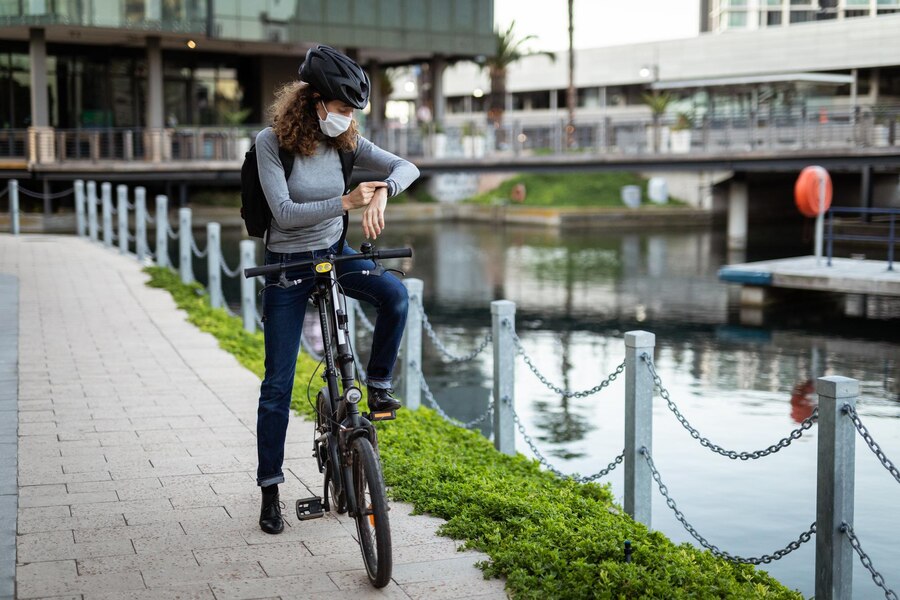
Safety Measures
Illinois strongly recommends using a range of protective equipment.
Helmets: While not legally required for riders over 16, wearing a helmet is a sensible safety precaution to protect yourself during rides.
Lights and Reflectors: These are mandatory if you plan to ride between sunset and sunrise, ensuring visibility for yourself and others.
Bells or Horns: Your e-bike must have a bell or horn to alert road users, especially in busy urban areas, to maintain safety.
Brakes: An e-bike should have fully operational brakes that can bring it to a full stop within a reasonable distance after braking.
Related: What Goes On at Sturgis Bike Rally
Non-Compliance Penalties
Failure to adhere to Illinois Electric Bike Laws can lead to severe penalties, which may include fines or even the confiscation of your e-bike. The extent of these consequences can vary depending on the specific nature of the violation and any previous offenses.
Conclusion
Ebike laws in Illinois are bound to change over time, so it’s important to stay informed. The information you rely on could become non-applicable or outdated, making it wise to check with local agencies or states for the most recent updates. These laws govern the legal and proper use of Ebikes in your area, ensuring you follow regulations strictly to remain safe. By riding responsibly and legally, you can enjoy a pleasant riding experience without worries.
FAQs
Q1. What are the age restrictions for riding an e-bike in Illinois?
When it comes to age restrictions in Illinois, Class 1 and Class 2 e-bikes require the rider to be at least 16 years old or older. For Class 3 e-bikes, the minimum age requirement is 18 years, ensuring safety and responsibility for higher-powered bikes.
Q2. Is a special license required for operating an e-bike in Illinois?
In Illinois, there is no requirement for a special license, registration, or insurance to begin operating or riding an e-bike.
Q3. Can I operate my e-bike on Illinois sidewalks?
In Illinois, you cannot operate an e-bike on sidewalks, as it is not permitted, irrespective of the bike’s class. Riders must stick to designated bike paths, lanes, or roads to ensure safety and compliance with the law.

